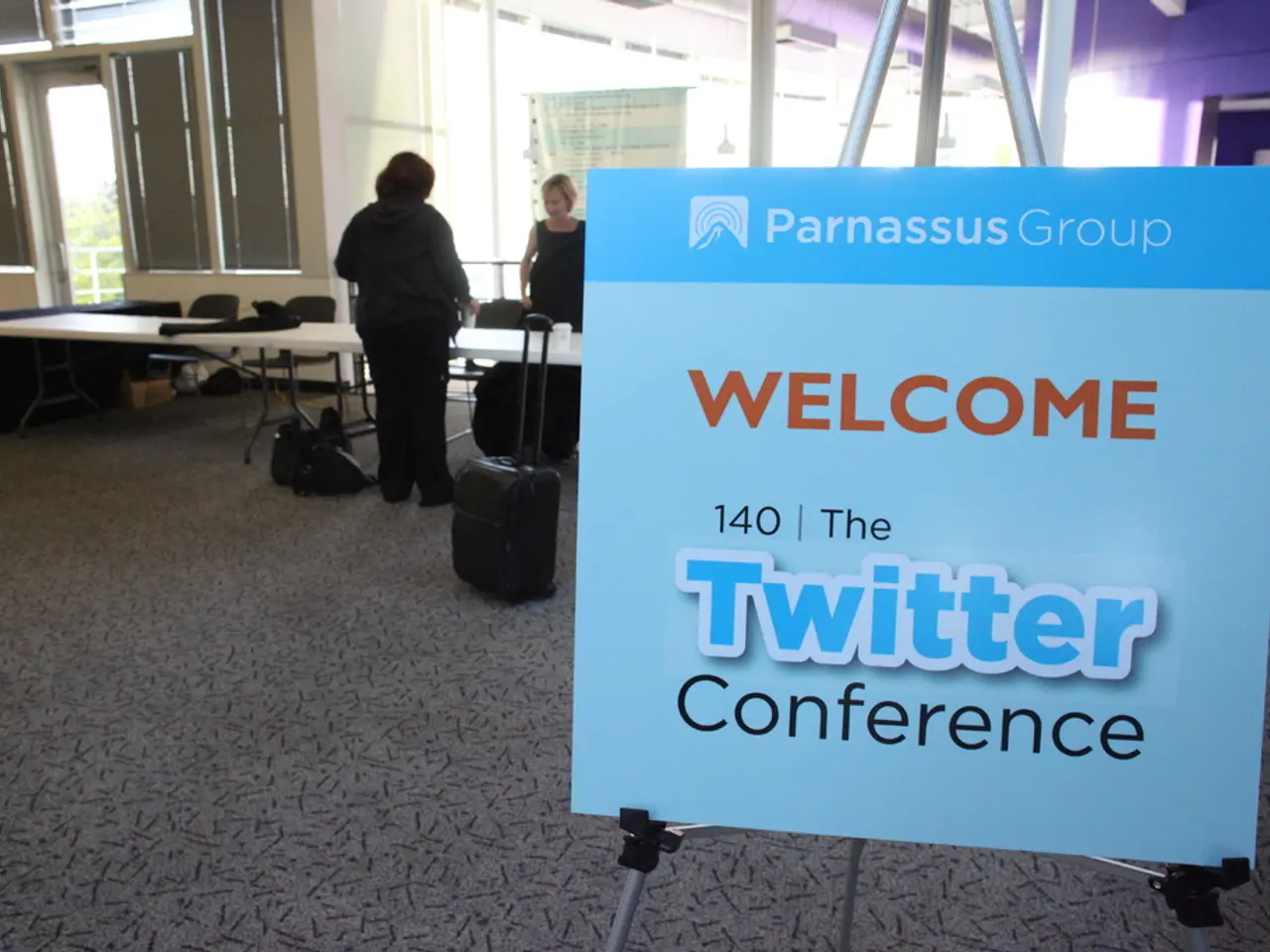AI giant OpenAI allegedly developing its own social media service
OpenAI Announces Development of New Social Media Platform
OpenAI, the cutting-edge artificial intelligence (AI) research company, is working on a new project that could revolutionize the social media landscape. The details of the project, which are still under wraps, have been revealed by The Verge.
If successful, the new platform could offer advanced AI-driven content generation, personalization, and moderation capabilities. This could potentially lead to a more engaging and efficient user experience, with high-quality posts, media, and responses tailored to individual user interests and needs.
However, the development of such an AI-centric platform raises concerns about cognitive offloading, a process where people rely on AI to conduct critical thinking tasks. If the platform is designed to help users post "better content," it may be an example of cognitive offloading, exacerbating this issue and potentially leading to decreased critical thinking skills among users.
The platform is reportedly being built around OpenAI's image-generation capabilities and is described as being "X-like" in nature, hinting at a focus on viral content. This could further emphasize the need for users to be mindful of cognitive offloading and its potential consequences.
Sam Altman, OpenAI's CEO, has been inviting feedback on the project. Despite his previous business partnership with Elon Musk at OpenAI, the two have since become bitter rivals. It remains unclear whether the new platform will be separate from ChatGPT or integrated into the company's existing automation service.
The potential benefits of the new platform are numerous. It could improve moderation and reputation management, with AI monitoring content sentiment in real-time, detecting misinformation or harmful content proactively, and managing reputation or crises effectively. The platform might also provide expert-level assistance or facilitate richer, more meaningful interactions among users.
However, there are also significant challenges associated with the project. The ease with which AI can create and spread deceptive or manipulative content could exacerbate misinformation spread and erode trust in authentic posts. Early deployments of advanced models like the one likely to be used in the new platform have experienced performance issues and user confusion, indicating that integrating such AI into a dynamic social platform may involve initial challenges in user experience and system reliability.
Moreover, OpenAI's open-source shifts and AI transparency issues bring governance challenges around misuse, manipulation, and biases embedded in AI-driven content. These concerns, coupled with the potential for the platform to fragment user communities and complicate content verification, necessitate careful consideration and thoughtful design to ensure the platform's full positive potential is realized.
Some critics and social scientists are concerned that AI could make humans exponentially stupider due to cognitive offloading. As such, the development and implementation of the new platform must balance the benefits of AI-driven content generation with the need to encourage critical thinking and independent thought among users.
The new platform, if it follows in the footsteps of the successful Grok integration with X, could potentially offer users the ability to create viral content more easily. However, this could also raise questions about the potential negative impact on critical thinking and the need for users to be vigilant in discerning the authenticity of the content they consume and share.
In sum, an OpenAI social media platform powered by cutting-edge models like the one being developed could transform user experiences with intelligent content support. However, to realize its full positive potential, it must carefully address misinformation risks, ethical considerations, and user trust.
[1] OpenAI Blog: "Introducing GPT-5: The Next Generation of AI-Powered Content Creation" [2] MIT Technology Review: "The Liar's Dividend: How AI-Generated Misinformation Could Undermine Trust in the Digital Age" [3] Wired: "The Ethics of AI: Balancing Benefits and Risks in the Age of Artificial Intelligence" [4] Harvard Business Review: "The Impact of AI on Social Media: Opportunities and Challenges" [5] Forbes: "The Future of Social Media: How AI is Transforming the Landscape"
- The new social media platform developed by OpenAI could feature advanced artificial intelligence for content generation, personalization, and moderation, as reported by Gizmodo.
- If successful, this AI-centric platform might facilitate richer interactions and expert-level assistance, according to the article in Harvard Business Review.
- However, the increased reliance on AI for critical thinking tasks in social media platforms like the one being developed could potentially lead to decreased cognitive abilities, as discussed in Wired.
- In the future, the integration of AI in social media platforms, such as the new OpenAI platform, could have a profound impact on the landscape of social media, as postulated in Forbes.




